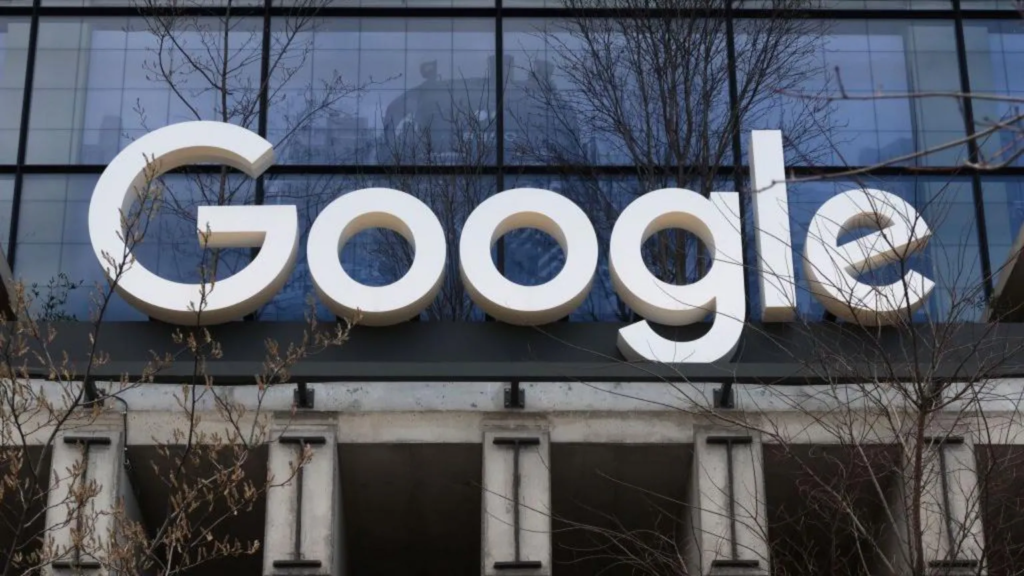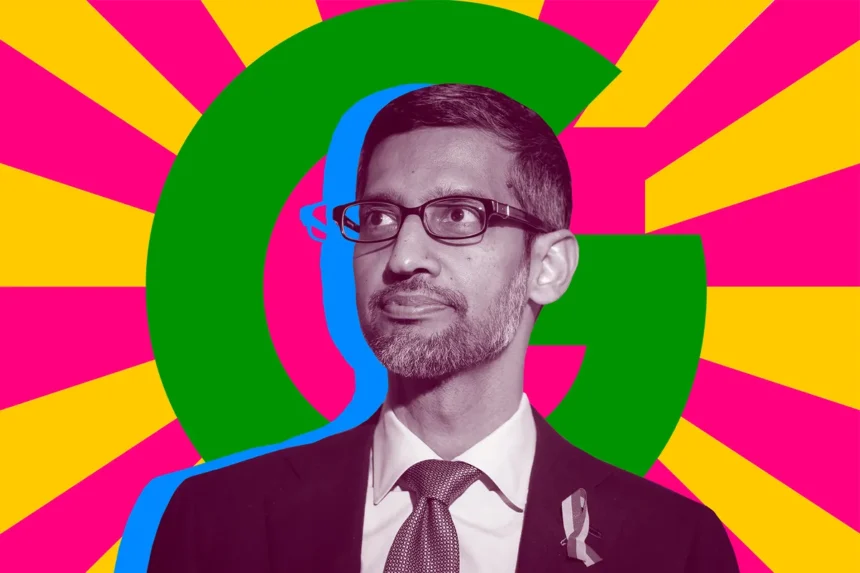In a significant legal development, Judge Amit Mehta has ruled that Google has violated U.S. antitrust laws by maintaining a monopoly in the search and advertising markets. This decision marks a major victory for the Department of Justice (DOJ), which has accused Google of illegally monopolizing the online search market.
Key Findings of the Ruling- Google

- Monopoly Maintenance: The court found that Google has acted to maintain its monopoly in the search and advertising markets, violating Section 2 of the Sherman Act. Judge Mehta’s ruling emphasized that Google’s practices in the “general search services” and “general search text advertising” sectors constitute monopolistic behavior.
- Rejection of Some Government Claims: Although the court sided with the DOJ on key issues, it did not agree with all government arguments. Notably, Mehta rejected the claim that Google held monopoly power in a specific part of the ads market but affirmed its dominance in general search services.
- Contracts and Market Impact: The ruling criticized Google’s exclusive contracts with companies like Apple, which disincentivized competitors from entering the market. The decision drew parallels to the landmark US v. Microsoft case, highlighting that similar conduct can be exclusionary when performed by a dominant market player.
Implications and Next Steps
- Uncertain Future for Google: The current ruling addresses Google’s liability but does not outline specific remedies. The subsequent phase of proceedings could lead to mandates to alter business practices or potentially break up Google’s search business. Google plans to appeal the ruling, emphasizing that their search engine is a result of quality and consumer preference.
- Potential Industry Impact: This decision sets a precedent in the wave of antitrust cases against major tech companies, including Amazon, Apple, and Meta. The upcoming trial focusing on Google’s advertising technology business will further explore these issues.
- Responses from Industry and Government: The DOJ has hailed the decision as a pathway for innovation and consumer choice. Meanwhile, competitors like DuckDuckGo have praised the ruling but acknowledge the challenges ahead in changing Google’s conduct.
Context and Industry Reaction
- Exclusive Agreements: Judge Mehta criticized Google’s substantial payments to partners like Apple to secure default search positions, which have hampered competitive dynamics in the market. For instance, Google reportedly paid Apple $20 billion in 2022 to maintain its default status on iPhones.
- Competitive Landscape: The ruling highlighted that Google holds a remarkably durable monopoly, with market share increasing from 80% in 2009 to 90% by 2020. Bing, a major competitor, holds less than 6% market share, underscoring the lack of fluid competition in general search services.
- Future Legal Battles: As Google prepares for further antitrust challenges, including a trial in Virginia focused on its digital advertising technology, the outcome of these proceedings could significantly shape the regulatory landscape for tech giants.
The decision against Google signals a pivotal moment in the application of century-old antitrust laws to modern digital markets, potentially reshaping the competitive environment and regulatory scrutiny faced by major technology companies.









